The German chancellor Olaf Scholz lost a confidence vote in parliament yesterday. It’s almost certain now that Germans will head to the polls for a snap election on February 23. What is less certain is whether this will bring about the change so many of them crave.
Of 717 Bundestag deputies only 207 expressed their ongoing confidence in the German chancellor, the vast majority who did so being members of Scholz’s own party, the Social Democrats (SPD). This didn’t come as a surprise since he intended to lose the vote: Scholz’s ruling coalition collapsed last month, leaving him to run a minority government. The only way out of this stalemate is a fresh election triggered by a lost confidence vote.
Underneath lies a fractured political landscape that looks increasingly murky to German voters
What should have been a parliamentary formality turned into an undignified spectacle during which all political parties attacked one another. Scholz used his speaking time to aim a blow at the Free Liberal Party, which had walked out of his coalition over disagreements on economic policy. Accusing them of “sabotage,” he suggested they didn’t have the “decency and maturity” to be in government.
The head of the Free Liberals Christian Lindner, who was also Scholz’s finance minister before he was fired last month, accused his former boss in turn of increasing bureaucracy and spending too much on public welfare. Comparing Scholz to a head jester, he concluded that while it’s OK to throw sweets at the public during carnival, “that’s no way to run Germany.”
Even the Greens, who are remain in the minority coalition with Scholz’s SPD, criticized how dysfunctional the government was. The Green vice chancellor Robert Habeck admitted that their coalition “deserved its bad reputation.” He then proceeded to attack the conservative Christian Union Party (CDU), which is currently in opposition but the favorite to win the next election. He claimed their pro-business manifesto “protects billionaires” and “only gives to those who already have.”
The leader of the opposition and possible future chancellor Friedrich Merz retorted by calling Habeck “the face of the country’s economic crisis.” He then turned on Scholz, whom he accused of “making Germany a laughing stock.” Merz ended by telling Scholz he didn’t deserve the confidence he had asked for — which was met with long applause.
There is a German saying: “When two people quarrel, a third rejoices.” If Germany’s political mainstream remains as preoccupied with its internal rifts as it has been, one party will indeed be rejoicing: the far-right Alternative für Deutschland (AfD). It’s currently polling in second place behind the conservatives with around a fifth of voters supporting it.
All AfD leader Alice Weidel had to do on Monday was point to some of the many problems Germany is currently facing: an stagnating economy, large-scale irregular immigration and a car industry “in free fall.” As a relatively new party, founded in 2013 and kept out of government by a cordon sanitaire, the AfD has no record to defend. It’s an ideal receptacle for the frustrations so many Germans feel with the dysfunctional compromise politics of the other parties.
Fresh elections may appear as a way to wipe the slate clean for all parties and start again with a new government. But Germany’s electoral system will most likely produce a scenario where one or two of the parties currently in government will be part of the next coalition — which will do nothing to convince Germans that change is on the cards.
According to the latest polling, the conservative CDU is set to win the election with just 31 percent of the vote. Scholz’s SPD is on 17 percent, the Greens are on 11 percent and the Free Liberals might not even make it over the 5 percent threshold required to get into the Bundestag. In other words, Merz might well end up having to run the country with the two parties that currently form the rump of a deeply unpopular minority government.
German politics is in a mess. The acrimonious breakup of Scholz’s three-way coalition and the ugly proceedings during the confidence vote on Monday were just the tip of the iceberg. Underneath lies a fractured political landscape that looks increasingly murky to German voters. Surveys show that only just over a quarter of people still trust the political parties.
Germany’s parties won’t win trust back by digging into their entrenched positions while flinging mud at each other. But that is exactly what they are doing. As things stand, all of Germany’s established parties are going into the election campaign with tired ideas and tired faces.
As a very intelligent German said a long time ago, “insanity is doing the same thing over and over again and expecting different results.” Just why the German electorate should respond with more enthusiasm to ideas and people that didn’t gain their support in the past remains a mystery to anyone outside the Berlin bubble.



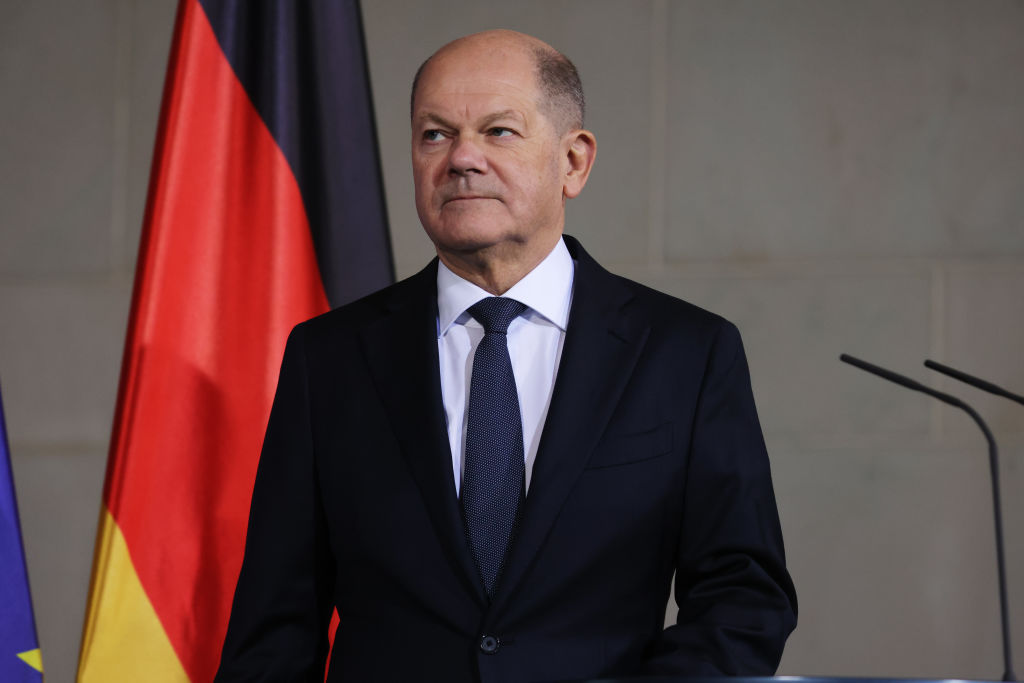









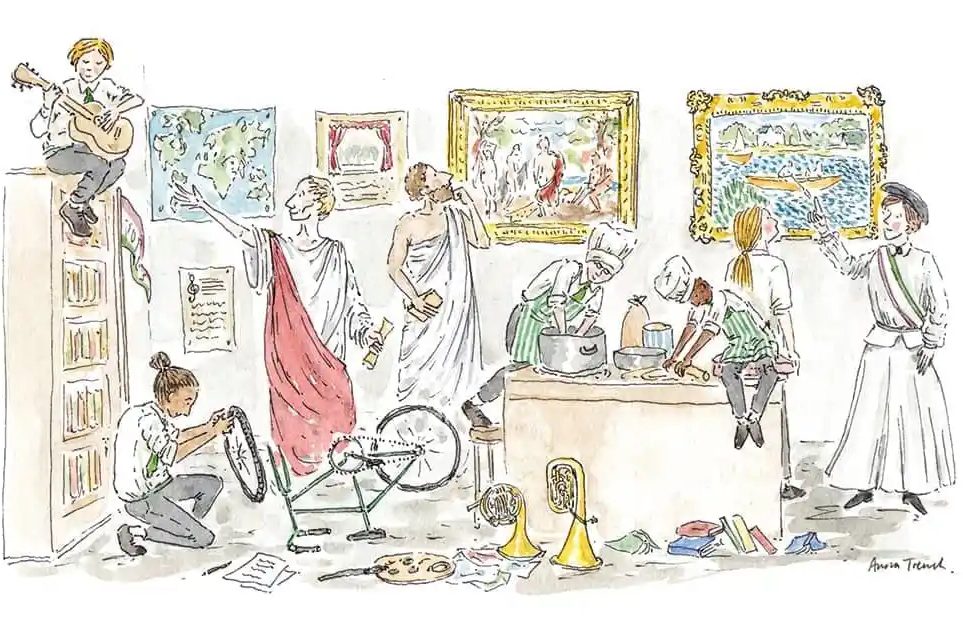
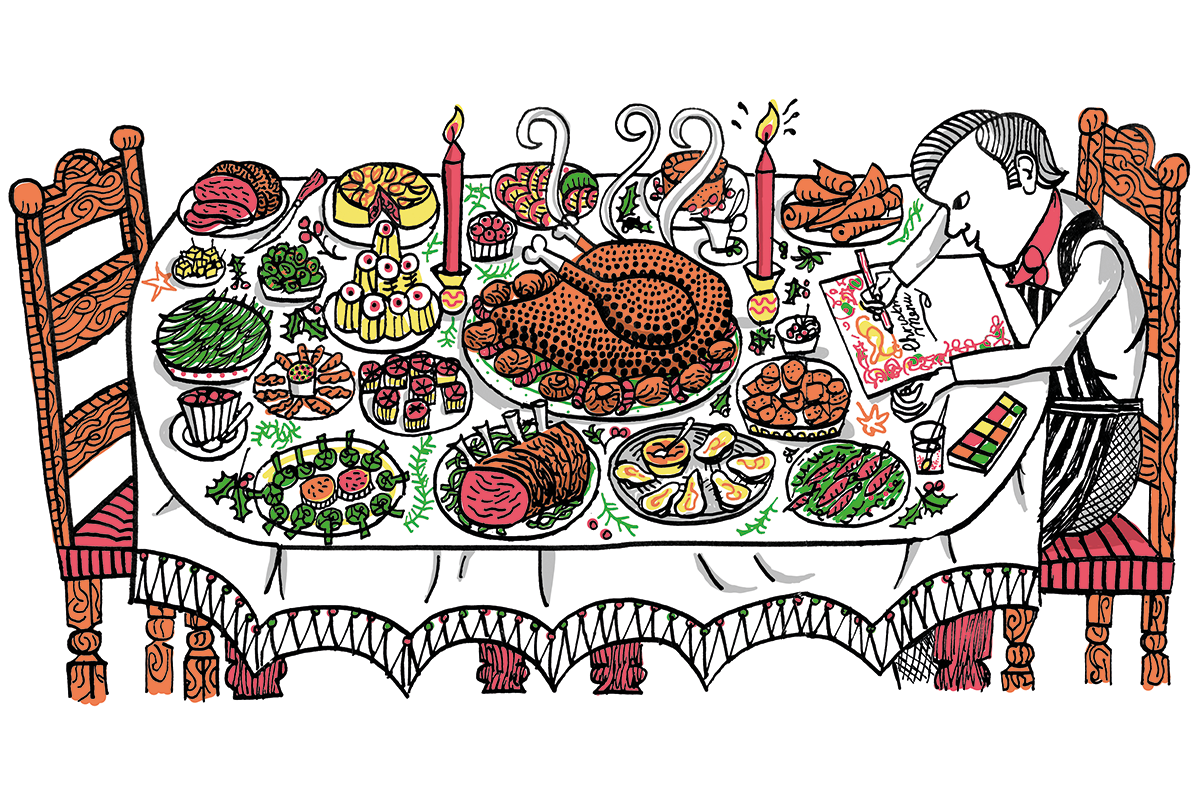

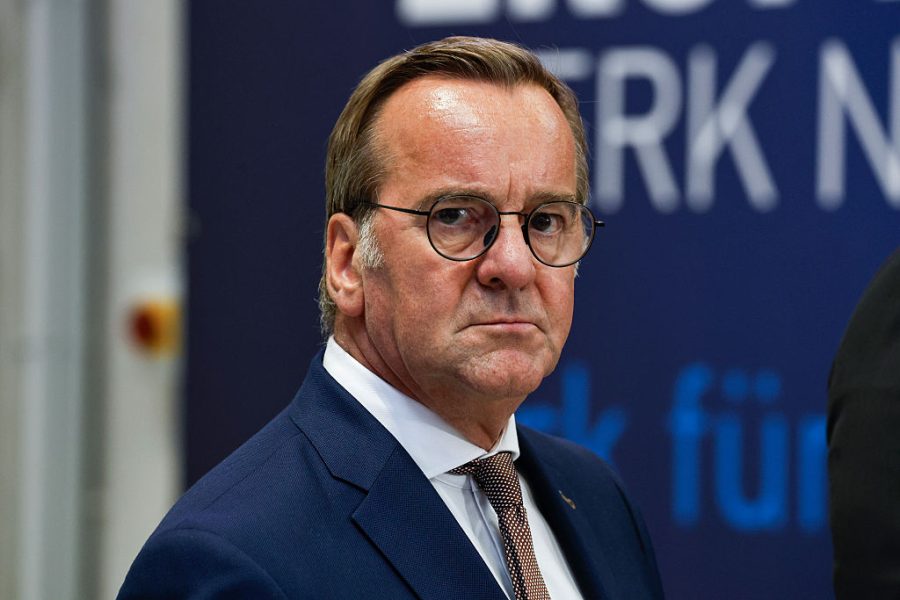
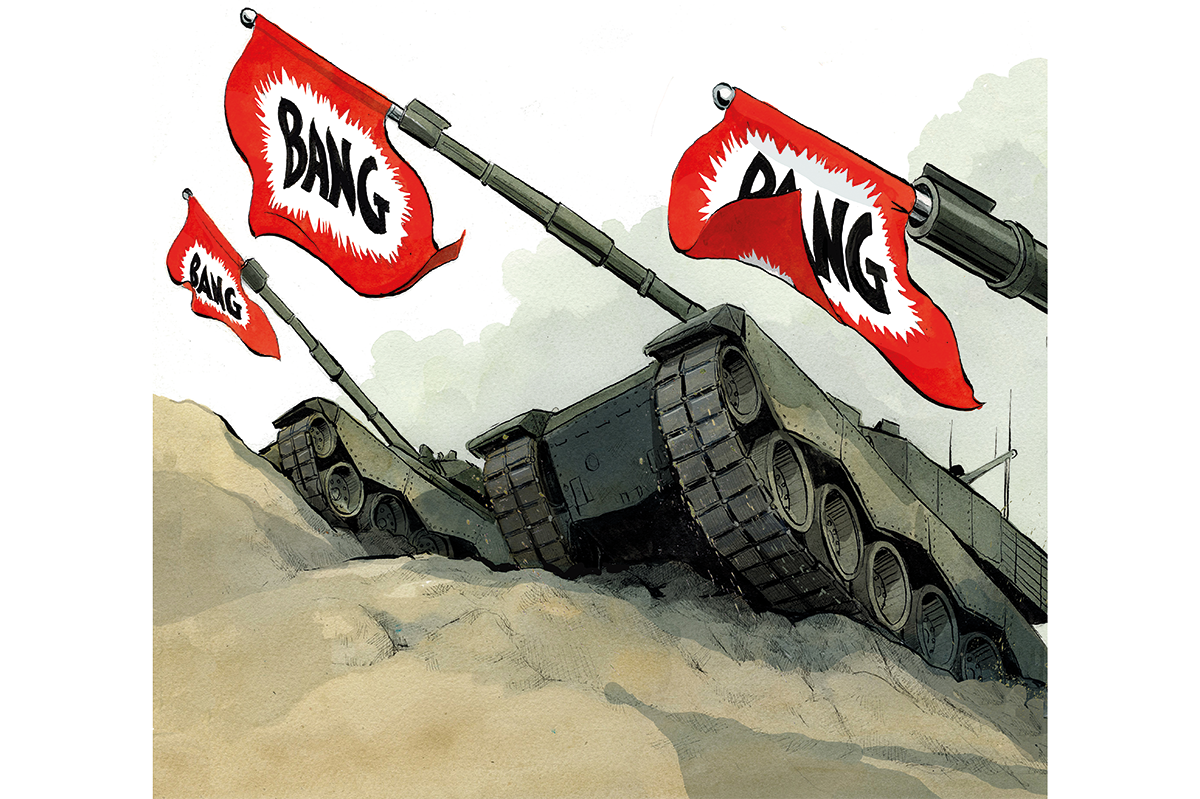








Leave a Reply